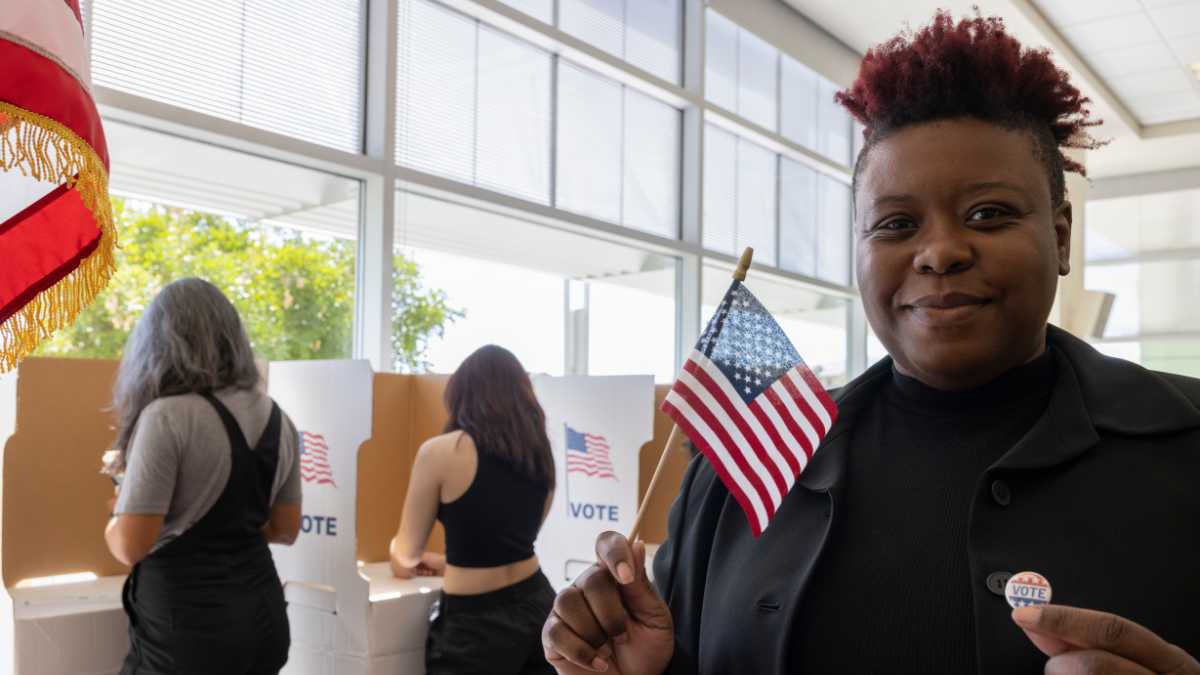Tuesday, March 19, is notable for two reasons: It marks the first day of Spring and the 2024 Illinois primary election.
President Joe Biden and former President Donald Trump have been declared the presumptive nominees for their respective parties ahead of the November Presidential election.
However, Illinois voters, particularly those in Chicago, will get to decide highly consequential local races and a hotly debated real estate transfer tax.
Though early voting ended on March 18, Illinois residents can still register to vote and vote on primary day.
If you’re headed to the polls on Tuesday, here’s what you need to know:
The What and When of Illinois Primary Election Day:
The 2024 Illinois primary election takes place on Tuesday, March 19. Polls open at 6 a.m. and close at 7 p.m.
To find out where to vote, click here to look up your polling place.
For election information, visit the Illinois State Board of Election site at https://www.elections.il.gov.
To find out which candidates are running and for what office and party, head to https://www.elections.il.gov.
You can also visit this link for important election dates and deadlines.
For additional information by county, click the county name:
Are You Registered to Vote?
To find out, look up your registration information here. You can also register to vote and get additional information on registration at this site.
Races of Note
The Democratic and Republican presidential primaries have already been secured, with President Joe Biden and former President Donald Trump named the presumptive nominees of their parties.
Nevertheless, primary day features one Chicago-area Congressional race and a battle to see who will represent the Democrats in the race for Cook County state’s attorney. Incumbent U.S. Rep Danny Davis faces a crowded field, all vying for his seat to represent the 7th District.
U.S. Representative, 7th District (Democratic)
- Candidate Melissa Conyears-Ervin
- Candidate Danny K. Davis
- Candidate Kouri Marshall
- Candidate Nikhil Bhatia
- Candidate Kina Collins
- Write-in
The Democratic primary to replace Kim Foxx as Cook County State’s Attorney features Clayton Harris III and Eileen O’Neill Burke. Harris III, a Black man, is a University of Chicago lecturer and former prosecutor who is the choice of the Cook County Democratic Party. O’Neill Burke, a White woman, is a retired Illinois appellate court judge. She has amassed a sizeable lead in campaign fundraising as a tough-on-crime candidate with backing from several wealthy donors who have contributed to Republican campaigns.
The winner of Tuesday’s primary will challenge Republican Bob Fioretti and Libertarian Andrew Charles Kopinski come November. Still, the Democratic nominee will be favored to win in the heavily blue Cook County.
State’s Attorney Vote for One (Democratic)
- Candidate Clayton Harris III
- Candidate Eileen O’Neill Burke
Ballot Measure of Note: Amending the Real Estate Transfer Tax (Bring Chicago Home)
Voters will decide on a one-time tax on real estate worth over $1 million. Proponents, including Mayor Brandon Johnson, say the measure would generate $100 million to alleviate homelessness.
Critics of the referendum say that the graduated tax rates imposed upon these properties will discourage businesses from setting up shop in Chicago.
Additional Information From the Illinois Attorney General
In a statement, Attorney General Kwame Raoul provided these reminders of voting rights:
- Voters have the right to vote if they are in line when the polls close at 7 p.m. or at any other time between 6 a.m. and 7 p.m. on Election Day.
- If a voter makes a mistake or “spoils” a paper ballot and does not cast it, the voter has the right to receive a replacement ballot.
- If a voter cannot read, has trouble understanding English, or has a disability, that voter has the right to request voting assistance from anyone other than their employer, an agent of their employer, or an officer or agent of their union.
- Voters have the right to take unpaid time from work to vote, but no more than two successive hours, as long as they have applied with their employer before Election Day. The employer may set the time of day.
- No one is allowed to try to influence a voter within 100 feet of the polling place.
- Under Illinois law, it is a crime to prevent a person from voting or registering to vote using intimidation, force, threat or deception.



